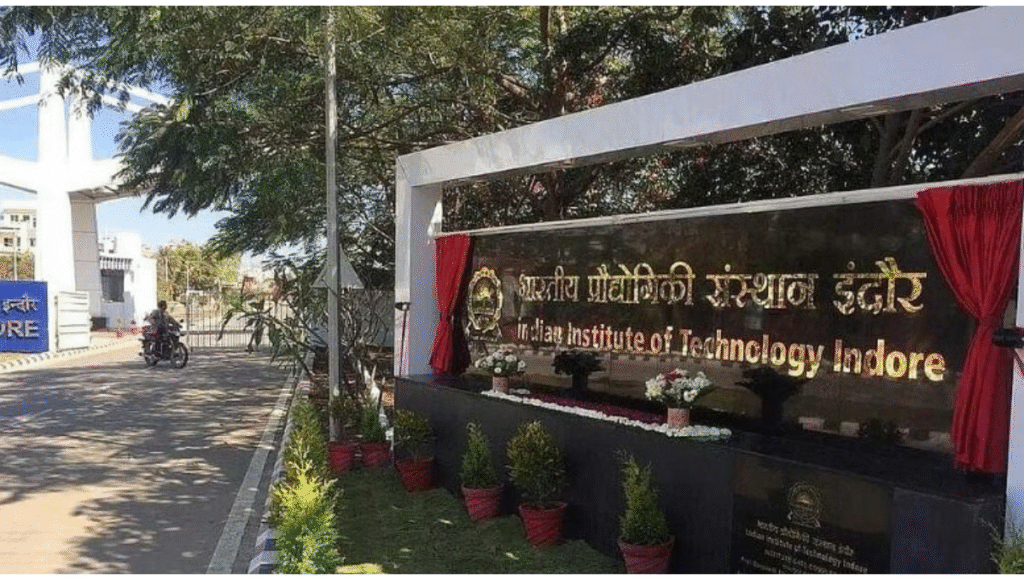
India Green 3D Printing IIT Indore Unveils Eco-Friendly Metal 3D Printing Revolution
Imagine a world where industries can create intricate metal components quickly, efficiently, and without harming the environment. Researchers at IIT Indore have turned this vision into reality by developing a groundbreaking metal 3D printing technology that promises to transform manufacturing as we know it. This innovation offers a greener, faster, and more affordable approach to metal additive manufacturing, opening new possibilities across multiple industries.
A Leap Toward Sustainable Manufacturing
The pioneering μ-plasma metal additive manufacturing, or μP-MAM, uses a special form of plasma to print high-quality metal components layer by layer. Led by Professor Neelesh Kumar Jain, alongside Dr. Mayur Sudhakar Sawant and Dr. Pankaj Kumar, the IIT Indore team has crafted a process that consumes far less electricity than traditional metal 3D printing methods. More importantly, it emits no harmful gases, making it a sustainable and environmentally responsible choice for sectors such as aerospace, defense, healthcare, and tooling.
India Green 3D Printing Versatility and Precision Like Never Before
One of the most remarkable aspects of μP-MAM is its versatility. It can work with titanium alloys for aircraft, medical implant materials, and superalloys for industrial tools. Supported by a specially designed 5-axis CNC machine, the technology can handle metal in both powder and wire form, giving industries unmatched flexibility in creating complex metal parts. The process bridges the gap between older welding methods and modern 3D printing techniques, offering precise, meso-scale manufacturing that meets the demands of today’s rapidly evolving industries.
Driving Industrial Innovation and Recognition
This innovative technology has already been patented in India and recognized with IIT Indore’s Best Technology Award. Professor Suhas Joshi, Director of IIT Indore, emphasized that μP-MAM reflects the institution’s commitment to advancing technology that benefits both society and industry. “This breakthrough positions India as a leader in sustainable, high-tech metal 3D printing, paving the way for industrial growth that aligns with environmental responsibility,” he said.
Greener, Faster, and Cost-Efficient
Professor Jain highlighted the efficiency and impact of the technology: “μP-MAM significantly reduces energy consumption and pollution while making it simpler and more affordable to manufacture complex metal components. Industries can now achieve faster production, lower costs, and contribute to a cleaner environment.” The method also supports future innovations, as the team plans to develop a digital twin of the process, enabling commercial applications in aeronautical manufacturing, coatings, and cladding.
A Vision for Responsible Industrial Growth
The development of μP-MAM demonstrates how technology can harmonize industrial progress with environmental stewardship. By providing industries with a tool to manufacture complex parts sustainably, IIT Indore has set a benchmark for innovation that values efficiency, precision, and ecological responsibility.
Disclaimer: This article is based on publicly available information and statements provided by IIT Indore. The μP-MAM technology is currently under development, and commercial applications may require further testing, validation, and regulatory approval before widespread industrial use.






